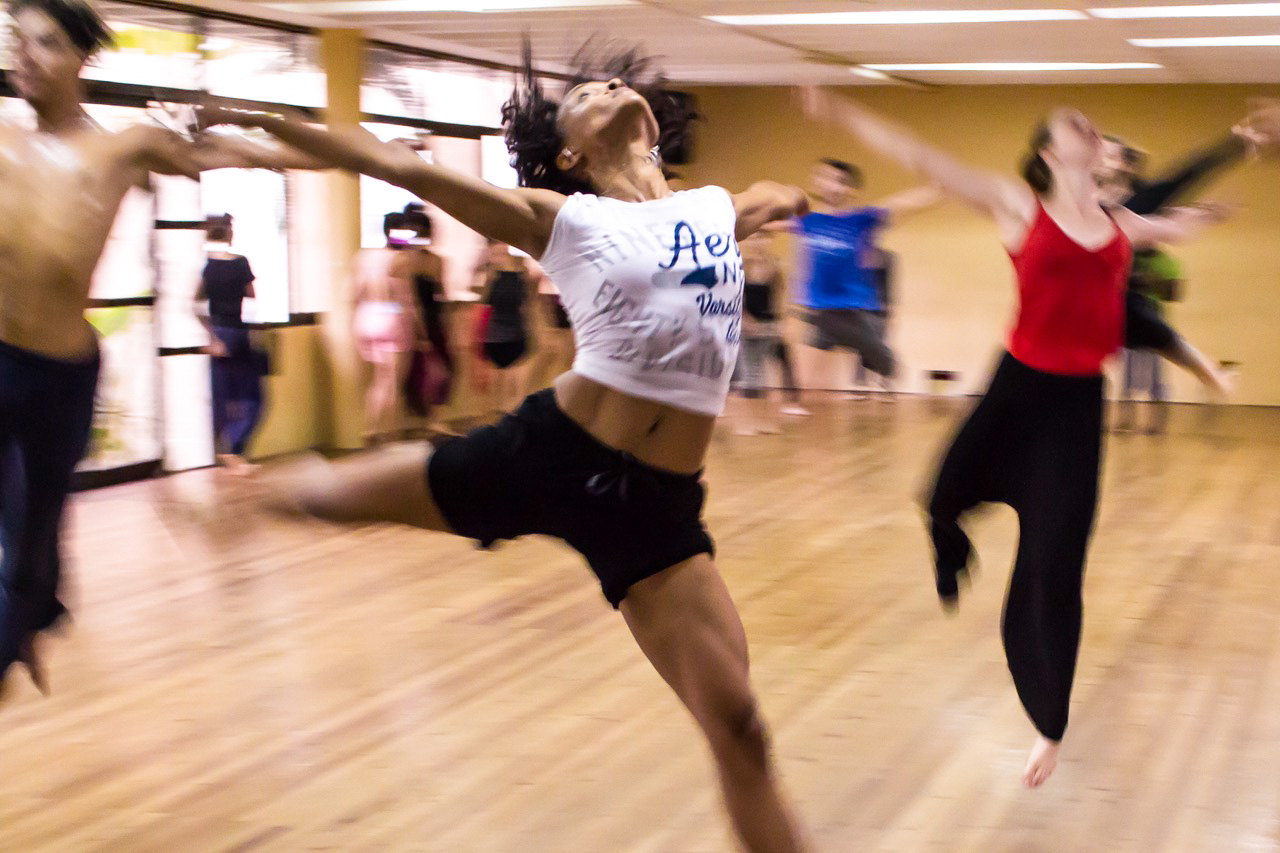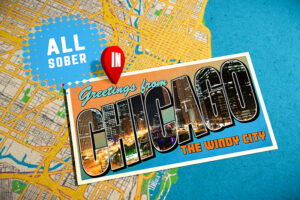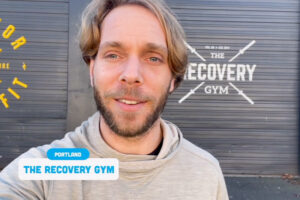Do a Little Dance, Make a Little Art: Hobbying Your Way Toward Recovery
There’s a rec league MVP — or coffee-and-crosswords whiz — inside all of us. Try these activities to make friends, while away an afternoon and treat yourself to some fun

Figuring out what works for your own recovery journey is never an easy task. But one tremendously helpful way to stay away from the dark place that is active addiction is finding new activities to fill your time, and perhaps even tuning up your body and mind in the process.
Finding a hobby is a sublime way to do this while working on your recovery journey and maintenance routine! It’s not just child’s play: While hobbies may seem like mere simple fun at first, they can be extremely valuable for recovery and mental well-being. Spending time on a hobby can help you build a new sober community and act as positive reinforcement for your new lifestyle, as well as a tool for emotional regulation.
First and arguably foremost, hobbies are a great low-stress way to find — or form — a new community of sober, like-minded people. Having a similar interest and activity to do together makes breaking the ice with strangers a breeze and building connections with others easier and faster. Creating a new support system this way can make recovery feel more like a breath of fresh air than a dense fog.
Hobbies can also provide a sense of reward by giving you pride and satisfaction as you acquire and hone new skills. Learning the new skills associated with your hobbies and using them to create or participate in activities requires you to be focused on the here and now through mindfulness. Hobbies can promote emotional regulation in other ways as well, of course — especially as a positive outlet for releasing stress. So it’s OK if they’re just plain delightful.
Recovery, it is said, is simple but not easy. Adding a hobby to your relapse prevention and recovery maintenance routine, though? Actually pretty easy! There are plenty of affordable options, and many can be done with everyday tools and toys most people already own or can get ahold of. Not sure where to start? There’s a plethora of activities out there for the connoisseur of food, nature, art, sports and more that fit any budget. Finding one need not be a chore!
1) Physical and Outdoors Hobbies
2) Food and Beverage: Palate Pursuits
- Cooking at home
- Cooking classes
- Baking
- Dinner parties
- Coffee tasting
- Hosting and cooking Sunday dinner
3) Mental Exercises
- Reading
- Writing
- Journaling
- Sudoku
- Word games
- Crossword puzzles
4) Games and Puzzles
- Dungeons & Dragons, and other role-playing games (RPGs)
- Card games
- Board games
- Video games
- Chess
- Jigsaw puzzles and 3D puzzles
5) Creative Hobbies and Crafts
- Sewing
- Embroidery
- Knitting and crocheting
- Sketching with charcoal or crayon
- Drawing
- Painting
- Jewelry making
- Glassblowing
- Decor and interior design
- Wood burning
- Miniature scene kits
6) Collecting
- Figurines
- Stamps
- Cards
- Books
- Coins
- Glass
- Memorabilia
- Art
- Vinyl records
- Fashion
- Stickers (yes, for grown-ups!)
7) Music
- Singing
- Learning an instrument
- Playing an instrument
- Listening to music
- Live music events
- Dancing
8) Model Kits and Building
- Lego sets or DIY contraptions
- Model planes
- Woodworking
- Upholstering
More Lifestyle
The Definitive Guide to Sober Travel
Vacations shouldn't be nerve-racking, but in recovery, it's not always that simple. We asked three sober travel pros how to make your trips fun — and more fulfilling than ever.
Sure-Bet Sober Date Ideas
Ready to get back out there? Sober dating isn't so hard. But here are a few pointers anyway, to help you find your groove.
Sobriety Roundtable: What's Your Favorite Sober Activity?
From roller derby to CrossFit and dog fostering to splurging on Mexican, nine sober folks shared what they do for fun and fulfillment. Get some ideas for your own Dry January or longer-term sobriety!
The Joy of Baking (Sober)
Two months sober, Annie Zimmerman decided to make cookies. Now, her hobby turned passion yields fulfillment, connection and delicious soberversary cakes. Read the interview!
Now Elite NFL Players, They First Tackled Addiction | News Roundup
All Sober compiles the best of the latest headlines. Here's your addiction and recovery news for the week of Feb. 19, 2024!
All Sober in Chicago
A great town for recovery, come sun, rain or snow! Check out our video guide to the Windy City's best sober options for bars, bottle shops — and even an arcade with vintage games.
All Sober in New York
The Big Apple truly has it all — including a sober bar with a "witchy vibe" and an array of enchanting non-alc cocktails. Take a peek in our video guide to the sober city!
All Sober in Portland
Oregon's cultural capital may be weird and proud, but it's sober and proud too! We scoped out the coolest sober-friendly spots in our new video guide.










